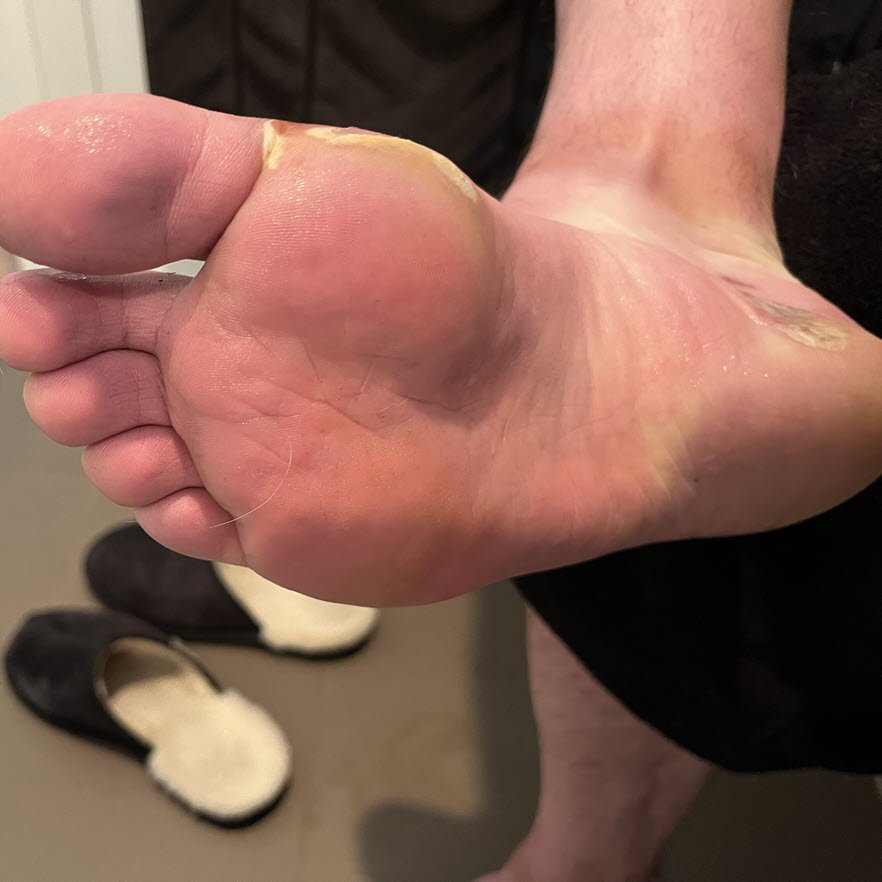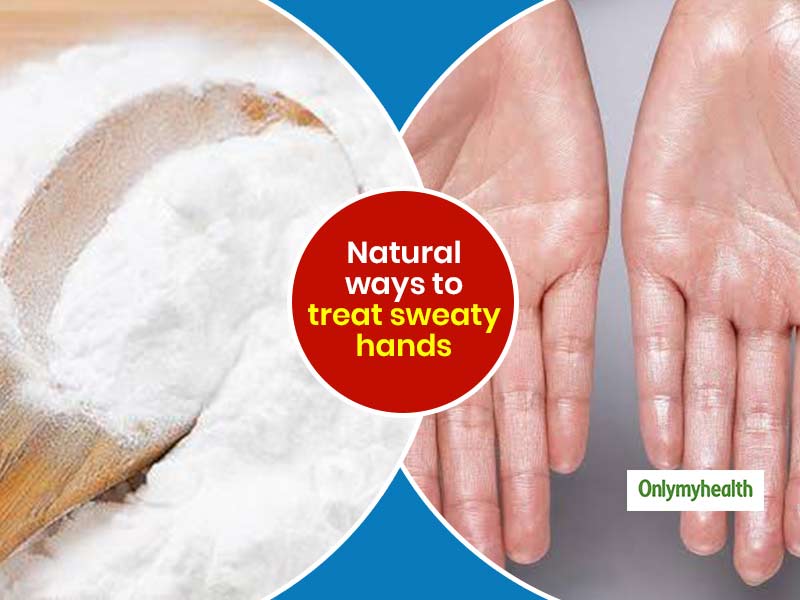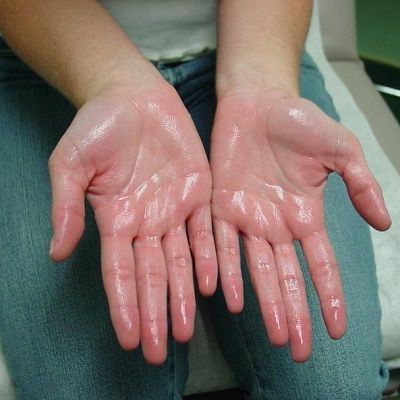Targeted Dermatology Treatments for Hyperhydrosis of Hands and Feet: Effective Solutions
Recognizing the Origin of Excessive Sweating and Its Effect on Day-to-day Live
Extreme sweating, additionally recognized as hyperhidrosis, is a condition that affects a significant portion of the population, yet its underlying causes and effects on everyday working stay somewhat enigmatic. While it is generally recognized as a physical response to control body temperature, the triggers for too much sweating can differ commonly amongst people, incorporating not just physical elements however also emotional and mental components. The influence of this problem prolongs beyond plain pain, usually affecting social communications and general high quality of life. By diving right into the origin of hyperhidrosis and exploring its complex results, a much deeper understanding of this pervasive problem can be gotten, dropping light on the intricacies that individuals coming to grips with too much sweating navigate daily.
Physiology of Sweat Glands
The policy of sweat manufacturing, an important physiological process, is primarily managed by the task of sweat glands distributed across the human body. Sweat glands are categorized into 2 primary types: eccrine and apocrine glands. Eccrine glands are the most many and are found in mostly all areas of the body. They play a crucial role in thermoregulation by secreting a watery fluid onto the skin's surface area, which vaporizes and helps cool down the body down. On the other hand, apocrine glands are concentrated in areas abundant in hair roots, such as the armpits and groin, and their secretions are thicker and milklike in appearance.
When the body temperature level increases, either as a result of exercise, heats, or psychological stress and anxiety, the worried system triggers the sweat glands to generate sweat. This sweat is composed largely of water and electrolytes like sodium and chloride. The procedure of sweat production is necessary for keeping the body's interior temperature level within a slim, optimum range, highlighting the vital role sweat glands play in human physiology.
Triggers for Excessive Sweating
In understanding the origin of too much sweating, it is crucial to determine the triggers that can cause this physiological response. Excessive sweating, also recognized as hyperhidrosis, can be prompted by different aspects, both ecological and physiological. One common trigger is emotional tension or anxiety, which can stimulate the body's sweat glands to produce even more sweat than is needed for cooling. Physical physical effort, high temperatures, and spicy foods are additionally recognized to activate excessive sweating in people prone to this problem. Moreover, specific medical problems like menopause, diabetic issues, or hyperthyroidism can add to excessive sweating as well.
Furthermore, medicines such as some antidepressants, opioids, and specific supplements can likewise work as triggers for hyperhidrosis. Comprehending these triggers is vital in handling extreme sweating successfully - Exessive Sweating. By determining and dealing with the specific triggers that motivate too much sweating in a private, doctor can establish customized treatment strategies to minimize this condition and enhance the individual's lifestyle
Medical Issue Associated
Connected with too much sweating are various clinical conditions that can aggravate this physiological reaction. One usual condition is hyperhidrosis, a problem identified by unusually increased sweating that goes beyond the body's thermoregulatory needs. This can materialize in focal areas like the hands, soles, underarms, or face, influencing a person's lifestyle because of social humiliation and discomfort.
Furthermore, endocrine conditions such as hyperthyroidism, diabetes, and menopausal hot flashes can additionally lead to too much sweating. Hyperthyroidism causes an overflow of thyroid hormones, accelerating metabolic process and triggering sweating.
Additionally, infections like hiv, endocarditis, and tuberculosis have been connected with evening sweats, a common signs and symptom recognized to interrupt rest and influence general well-being. These medical problems highlight the varied array of underlying aspects that can add to excessive sweating, requiring detailed evaluation and administration by medical care professionals.
Emotional and Psychological Elements

Effect On Social Interactions
Extreme sweating can have extensive impacts on a person's capacity to engage conveniently in social communications. The noticeable signs of sweat spots or damp patches on clothes can cause humiliation and self-consciousness, creating people to withdraw from social circumstances. This withdrawal can influence partnerships, limit social tasks, and prevent individual and professional growth.

In addition, the anxiety and self-confidence issues stemming from extreme sweating can impact communication and social skills. Individuals might struggle to focus on conversations, take part in group activities, or express themselves with confidence. This can cause sensations of seclusion and loneliness, as social links end up being challenging to preserve.
Verdict

While it is commonly understood as a physical reaction to regulate body temperature, the triggers for too much sweating can differ commonly amongst individuals, incorporating not only physical elements but psychological and additionally psychological aspects. By diving into the origin creates of hyperhidrosis and exploring its complex impacts, a much deeper understanding of this prevalent concern can be obtained, losing light on the intricacies that individuals grappling with too much sweating browse on an everyday basis.
Physical exertion, high temperatures, and spicy foods are additionally recognized to set off extreme sweating in individuals susceptible to this problem. By identifying and attending to the certain triggers that motivate excessive sweating in a specific, medical care companies can create personalized therapy strategies to ease this condition and enhance the individual's quality of life.
Extreme sweating can have profound impacts on an individual's capacity to engage pleasantly in social communications.